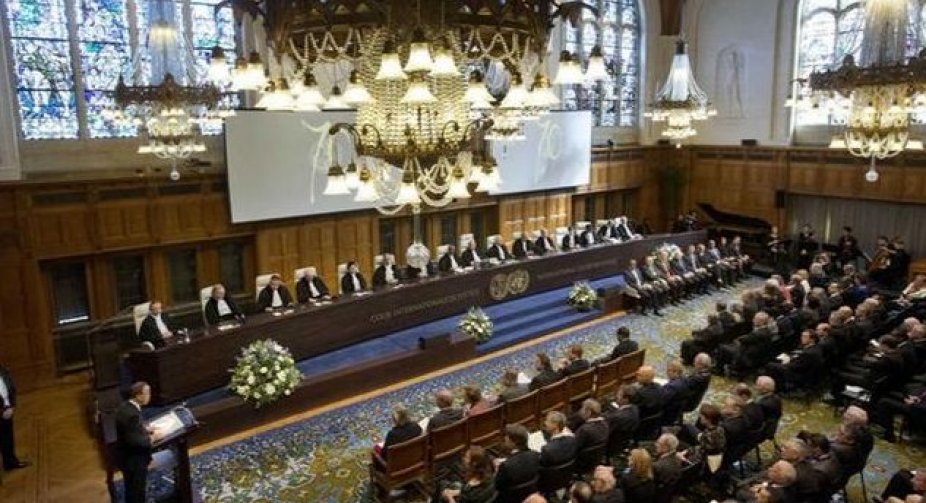The UN International Court of Justice in The Hague has begun hearings in the case of Washington's confiscation of about $2 billion of assets from Iran's state bank accounts to compensate the victims of the terrorist attack.
The Associated Press writes about it.
In 2016, Tehran sued the International Court of Justice after the US Supreme Court ruled that money held in Iran's central bank could be used to compensate the 241 victims of the 1983 bombing of a US military base in Lebanon, believed to be , associated with Iran.
The hearing began Monday with arguments from Iran, which said the seizure was an attempt to destabilize the Iranian government and a violation of international law. The meeting will continue with opening statements from Washington on Wednesday.
At stake are $1.75 billion in bonds plus accrued interest that are owned by the Iranian state but held in a Citibank account in New York.
In 1983, a suicide bomber in a truck with explosives attacked the US Marine barracks in Beirut, killing 241 American soldiers and 58 French soldiers.
Although Iran has long denied involvement, in 2003 a US District Court judge found Tehran responsible. The ruling said that Iran's ambassador to Syria at the time summoned "a member of the Iranian Revolutionary Guard and ordered him to set off an explosion in a Marine barracks."
The International Court of Justice ruled that it had jurisdiction to hear the case in 2019, rejecting a US argument that the country's national security interests took precedence over the 1955 Treaty of Amity, which promised friendship and cooperation between the two countries.
A 2012 US law required the bank to hand over assets to the families of those killed in the terrorist attack in Beirut. The US court concluded that the attack was carried out by Iranian agents, who were supported by a militant of the Hezbollah group. Iran claims it was not involved in the attack.
